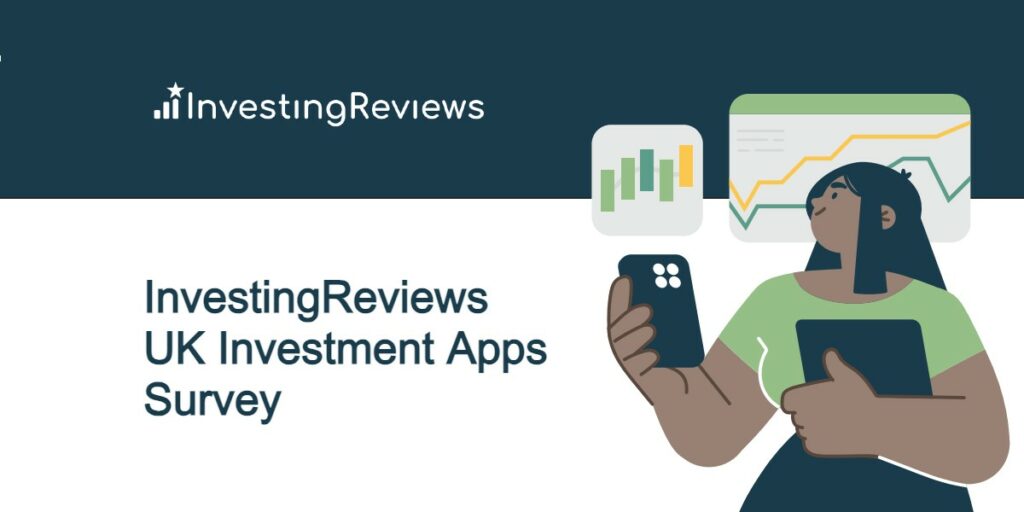What is Investing?
Investing is the act of putting your money to work for a period of time with the aim of getting back more than you initially put in.
Investing is different from saving because the purpose of investing money is to generate a profit that, at the very least, beats inflation. It also differs from speculating, which is ‘betting’ on short-term price fluctuations and is associated with much higher levels of risk.
Key takeaways
- Investing is spending money with the expectation that you will see it returned with a profit.
- There are no guarantees: all investing involves risk.
- It’s important to understand how much risk you’re comfortable with, and how much you can afford to lose, before choosing an investment.
- The most common investment types are: stocks (shares), bonds and funds.
- The value of investments can fall as well as rise and past performance is not a guarantee of future performance.
Top investing articles
Understanding Investing
You can invest in almost anything, from UK properties to tech start-ups, vintage wines, and fine art. For most people, investing means putting money in the stock market.
Investing offers the potential for returns that could outstrip anything you are likely to achieve with interest rates on savings accounts alone. However, the price you pay for the possibility of higher returns is higher risk.
In this beginner’s guide to investing, I’ll take you through what you need to know to get started.
The technical terminology that surrounds investing can make it seem pretty intimidating.
Don’t be put off, however. Most of what you need to know when you begin investing is actually pretty easy to get the hang of when explained well.
First and foremost, you need to understand risk; the level of risk each type of investment brings, and how you feel about the money in your portfolio (your investment holdings) being at risk.
While you can never completely eliminate risk from investing, the following principles will help you keep it within a range you are comfortable with.
Never invest money that you can’t afford to lose
The value of investments can fall as well as rise and you could get back less than you invest. For that reason, you should only take risks that align with your risk profile. A risk assessment should always be performed to discover how much you can afford to lose, and how comfortable you are with differing levels of risk.
There are generally three types of investor:
- Medium to low risk-taker: The thought of small fluctuations in the value of their portfolio doesn’t concern these investors, but they prefer to avoid risky investments that could fall substantially in value over a longer investment period.
- Moderate risk-taker: These type of investors are comfortable putting money into riskier investments with the aim of getting better market returns.
- Medium to high risk-taker: Medium to high risk-takers are willing to invest in higher-risk opportunities in exchange for the opportunity to significantly increase their wealth over the long run, even if that means putting up with regular and significant fluctuations in portfolio value over the short term.
Choose the right investment for you
Whether you are a seasoned stockholder, or you’re new to investing, you must ensure that the investment options you choose are well-suited to you. That means matching any potential investment opportunity to:
- Your current financial circumstances: How much do you have to invest? Is this the best way for you to be using surplus money? Do you have debt with a crippling interest rate that you should be paying off first? Do you need to save money for a contingency fund, or something else you’re likely to need in the immediate future.
- Your long, to medium and short-term financial and lifestyle objectives: What big plans do you have for the next five, 15, 30 years? What do you want the income you expect to generate through investing to be used for? What is the reason you are investing? These are important questions that will establish much of your investment strategy so it’s worth defining your goals before you start.
- The time frame within which you want to see returns: Are you comfortable with leaving your investments for five years at the very least? The longer you can leave your money in the markets, the greater the opportunity for growth.
- How involved you want to be with investment decisions: Are you going to be a hands-on investor? Involved in decision making? Or do you want to hand all the key decisions to a professional portfolio manager?
- Your appetite for, and tolerance to, risk: How much can you afford to lose, and how comfortable are you with different levels of risk? How close are you to retiring? (You’ll not want to invest in anything too risky if you are going to need to rely on your investment income within the next few years.) All reputable providers should have this conversation with you early on and tailor all investments to your appetite for risk.
Think long term (at least five years)
It’s normal for the value of your investments to jump around. Over longer periods of time, they can ride out short-term market fluctuations and benefit from any longer-term upward trends.
If your financial goal is a long way in the future, you may be prepared to accept a higher level of risk because, if you suffer financial losses, you will have more time to recover your position.
If your goal is more short-term, such as saving for the deposit on your first home, you should consider moving money into safer havens.
Start small
Experienced investors may jump straight in with sizable sums, but starting small is a good idea if you’re new to investing or if you’re on the more cautious end of the risk spectrum. Test the water and see how you feel before investing large amounts of money.
Diversify
Diversification is the principle of spreading investment risk around.
The theory is that by having a mix of asset classes, you can offset any losses in one asset class with gains made in another and protect your portfolio against an overall decline in value.
Although having an asset mix across different asset classes won’t ensure gains or guarantee against losses, it is a way of “hedging your bets”.
What is a fund?
Funds are collective investments. That means they consist of money that has been pooled together by a group of investors and spread across a wide range of underlying investments.
They are generally considered a good way to keep risk levels low.
Examples of funds include:
- mutual funds
- exchange-traded funds (ETFs)
- index funds
- hedge funds
Other investments
For different types of investment, you could look at futures and commodities, cryptocurrency, options, annuities, or alternative and emerging investment products.
They are generally considered a good way to keep risk levels low.
Examples of funds include:
- mutual funds
- exchange-traded funds (ETFs)
- index funds
- hedge funds
Stocks & Shares ISAs
A Stocks & Shares ISA is not actually a type of investment, which is why I haven’t mentioned it before.
It’s an account you can choose to hold your funds or shares in to make them tax efficient. With a Stocks and Shares ISA, you will not need to pay Capital Gains Tax.
When should you start investing?
There’s a well-known pearl of wisdom that says “The best time to plant a tree was 20 years ago; the second best time is now”.
And that’s a good way to think about investing; you are planting a seed with the aim of future growth.
However, the best time to invest will be entirely unique to each individual. Always start with a risk assessment and weigh up what priorities you have in your life now and what the best use of any surplus cash might be.











